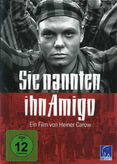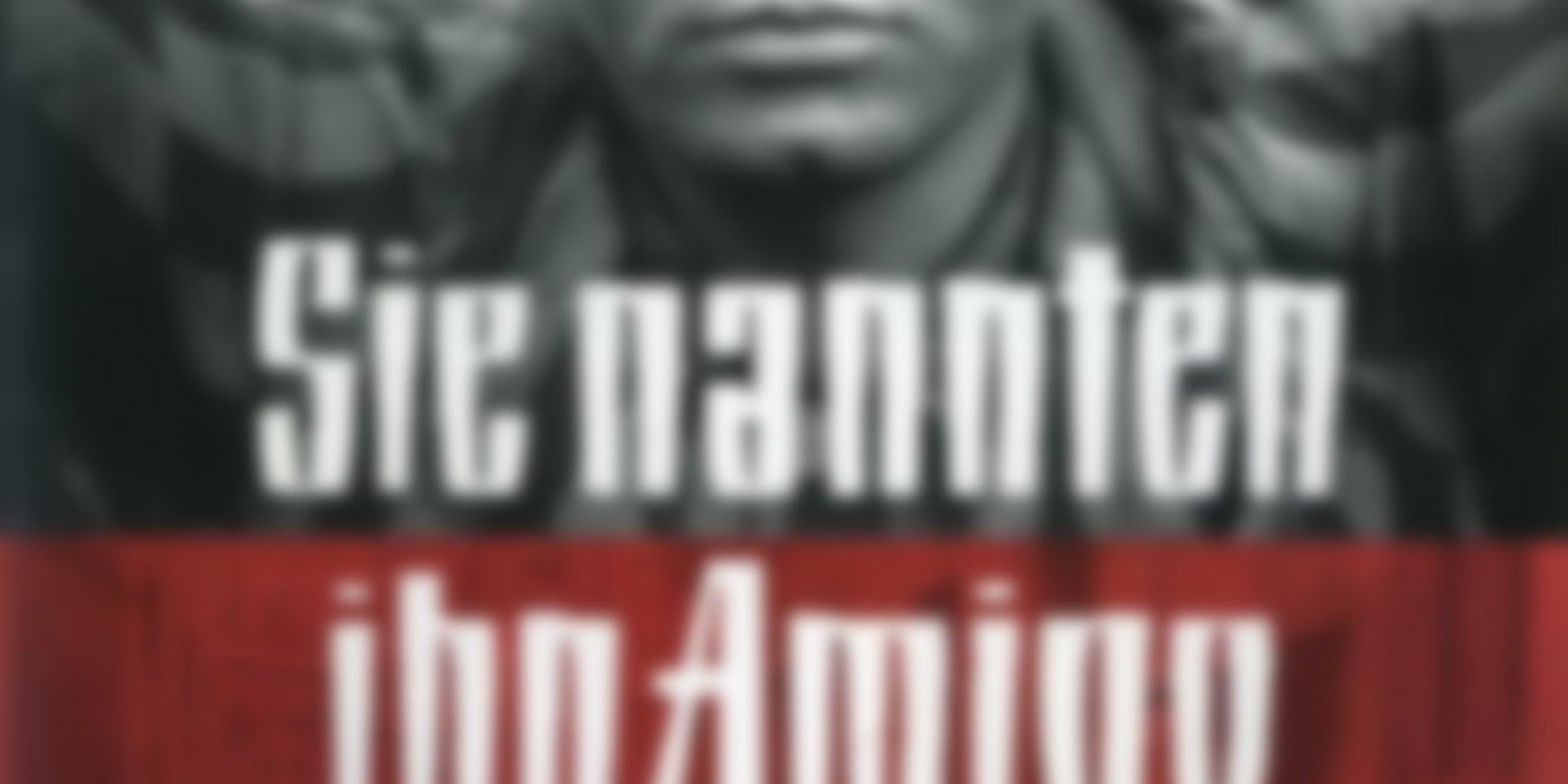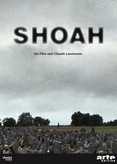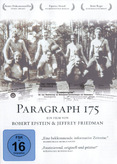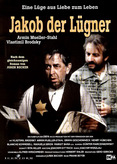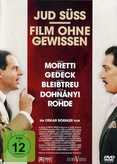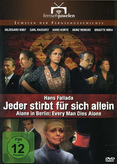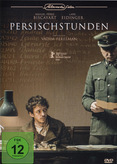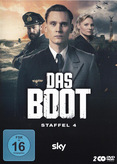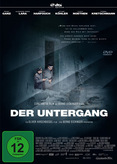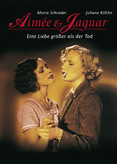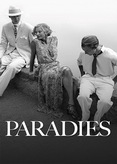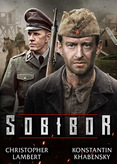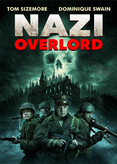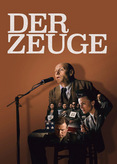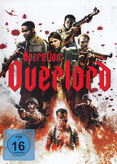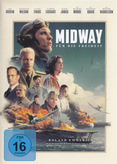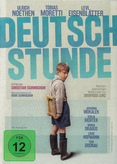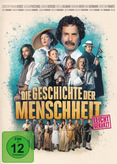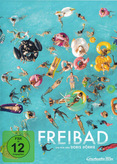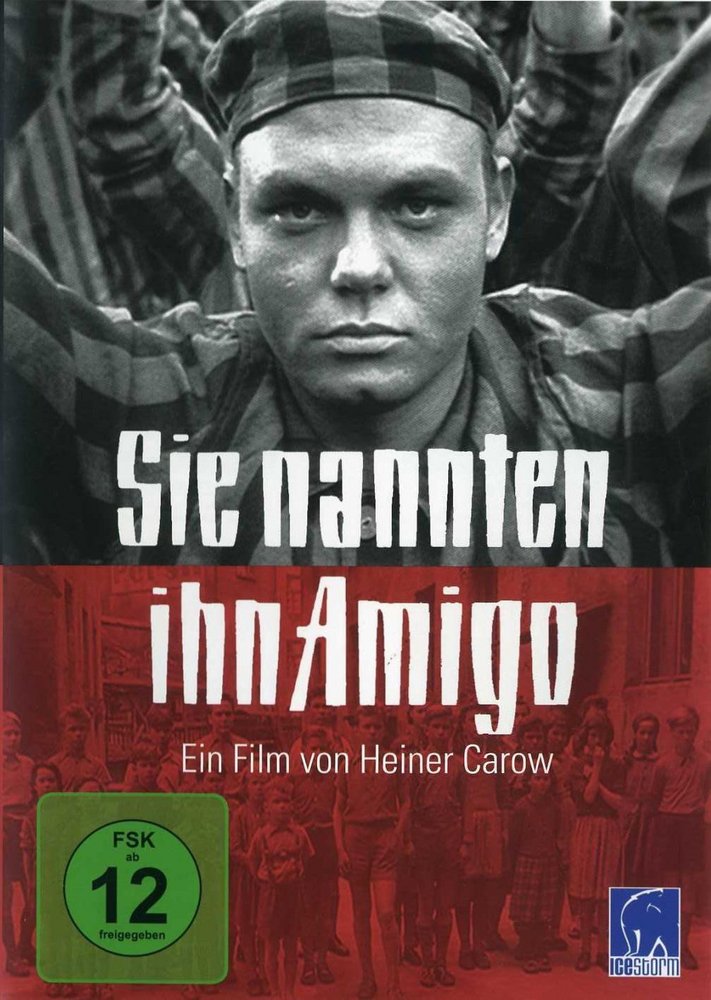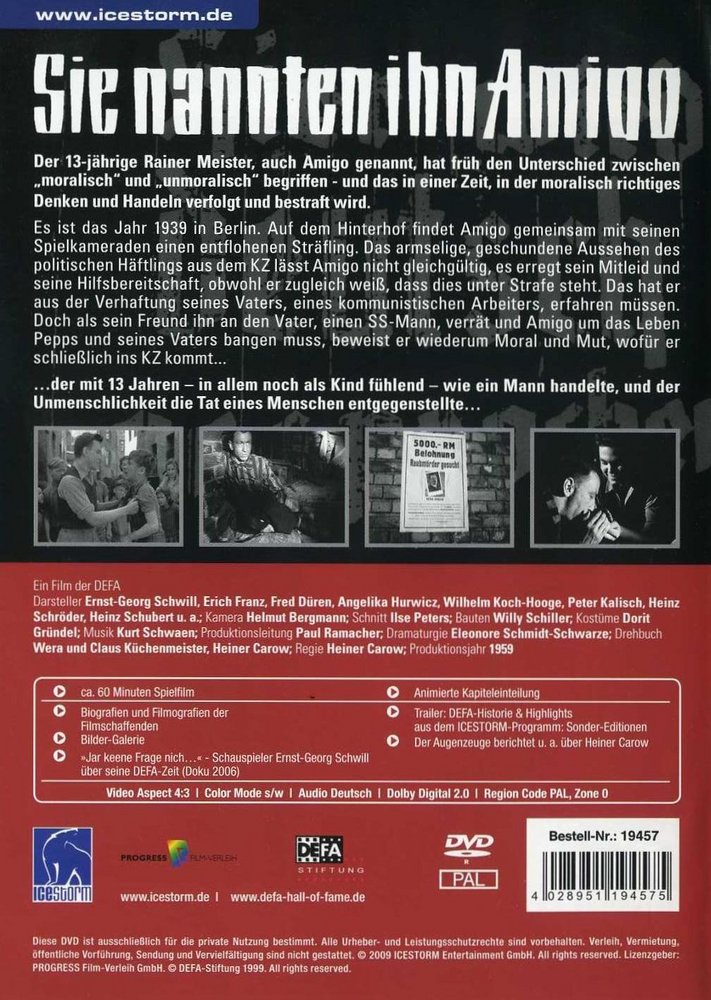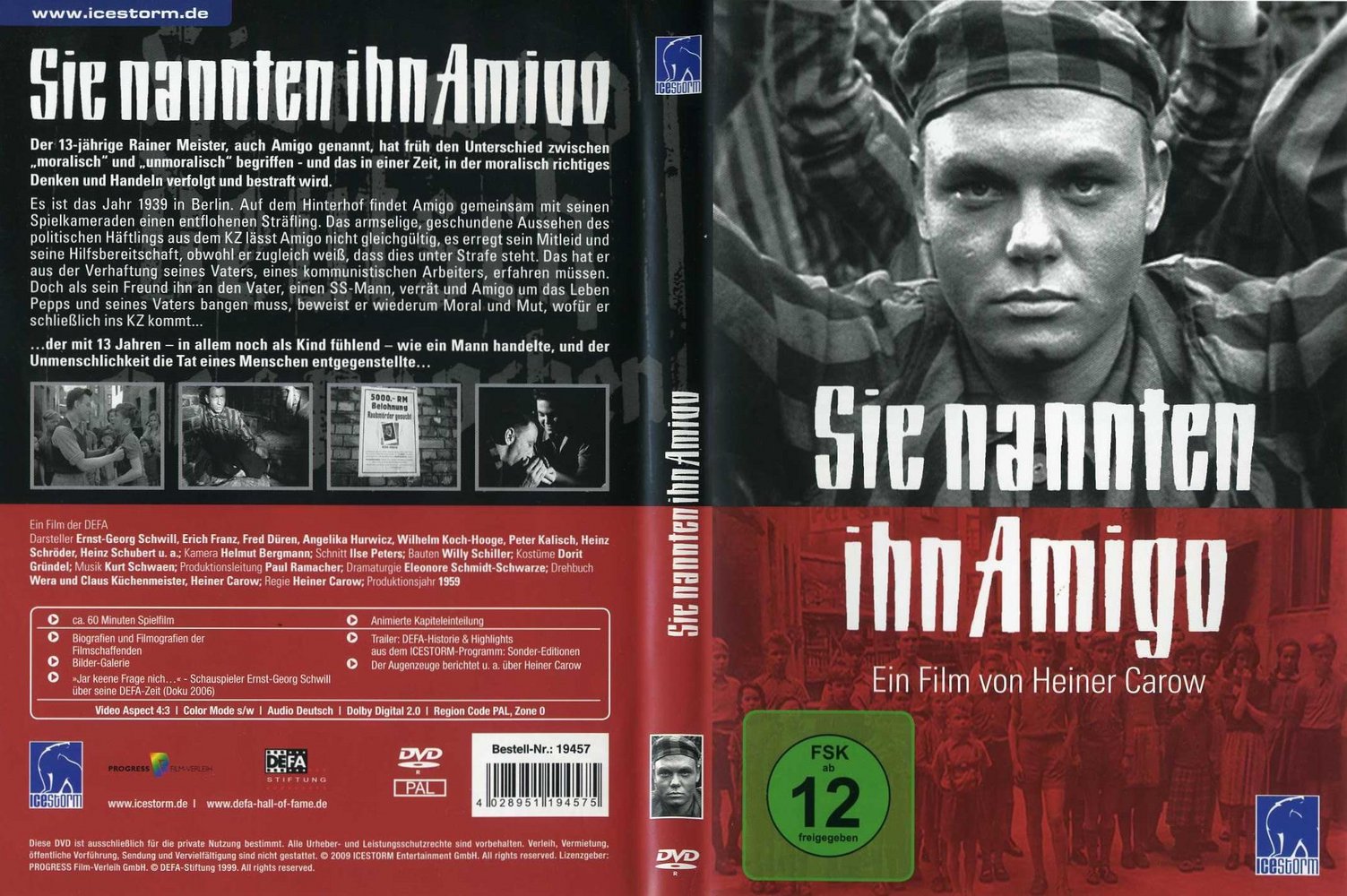Der 13-jährige Rainer Meister, auch 'Amigo' genannt, hat früh begriffen, was der Unterschied ist zwischen moralisch und unmoralisch - und das in einer Zeit, in der moralisch richtiges Handeln verfolgt und bestraft wird, in der die verkehrte Welt an der Oberhand ist. Es ist das Jahr 1939 in Berlin. Auf dem Hinterhof findet Amigo (Ernst-Georg Schwill) gemeinsam mit seinen Spielkameraden einen entflohenen Sträfling. Das armselige, geschundene Aussehen des politischen Häftlings aus dem KZ lässt Amigo nicht gleichgültig, es erregt sein Mitleid und seine Hilfsbereitschaft, obwohl er zugleich weiß, dass dies unter Strafe steht. Das hat er aus der Verhaftung seines Vaters, eines kommunistischen Arbeiters, erfahren müssen. Doch als sein Freund ihn an den Vater, einen SS-Mann, verrät, als Amigo sich um das Leben Pepps (Fred Düren) und seines Vaters sorgen muss, beweist er wiederum und ganz unbeirrt moralisches und also auch mutiges Verhalten. Dafür kommt er ins KZ.
Weiterlesen »
The 13-year-old Rainer Meister, also known as 'Amigo', understood early on what the difference between moral and immoral is - and this at a time when morally correct actions are persecuted and punished, in which the upside-down world has the upper hand. It is the year 1939 in Berlin. In the backyard, Amigo (Ernst-Georg Schwill) and his playmates find an escaped convict. The pathetic, battered appearance of the political prisoner from the concentration camp does not leave Amigo indifferent, it arouses his sympathy and willingness to help, although at the same time he knows that this is a punishable offense. He had to learn this from the arrest of his father, a communist worker. But when his friend betrays him to his father, an SS man, when Amigo has to worry about the lives of Pepp (Fred Düren) and his father, he again and quite unwaveringly proves moral and thus also courageous behavior. For this he is sent to a concentration camp.
